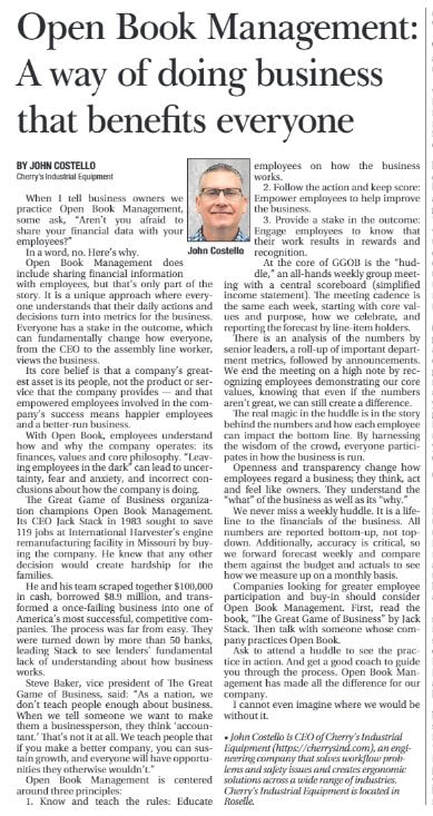Origin and Purpose
Labor Day's roots trace back to the late 19th century when the labor movement was gaining momentum. The holiday was established to honor the social and economic achievements of workers, including their contributions to the nation's prosperity, growth, and well-being. The labor movement advocated for fair wages, reasonable working hours, and safer working conditions, all of which have left an indelible mark on how businesses operate today.
Workplace Policies and Practices
Labor Day's origin in the labor movement has influenced workplace policies and practices. The advocacy for fair treatment and improved working conditions paved the way for the establishment of labor laws and regulations. Over time, employee rights, such as minimum wage, overtime pay, and workplace safety, became integral components of business operations. Today, businesses must navigate a complex legal landscape that prioritizes the well-being of the workforce.
Focus on Work-Life Balance
As Labor Day underscores the importance of the workforce, it has prompted businesses to reconsider their approach to work-life balance. The holiday serves as a reminder that employees are more than just cogs in the corporate machine. Many modern businesses now prioritize flexible work arrangements, remote work options, and wellness programs to ensure that employees can maintain a healthy equilibrium between their professional and personal lives.
Labor Day's influence on business extends far beyond its historical origins. It has transformed into a significant economic event that shapes consumer behavior, influences retail strategies, and encourages businesses to uphold fair labor practices. As we commemorate Labor Day, we not only honor the contributions of workers but also recognize the enduring impact of this holiday on the business world—a reminder that the relationship between labor and commerce is intertwined in the fabric of society.





 RSS Feed
RSS Feed


